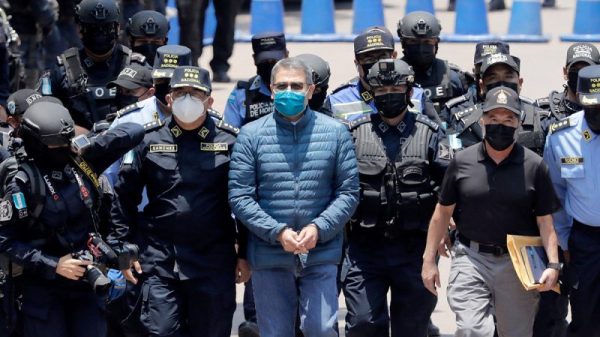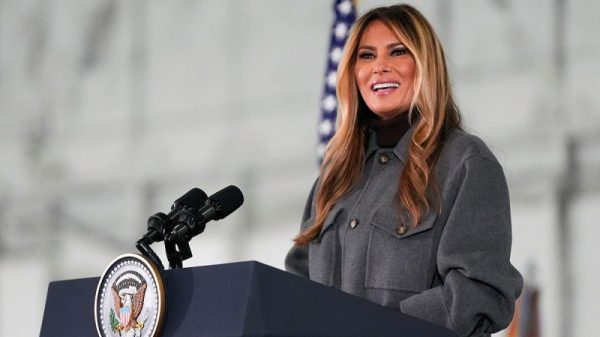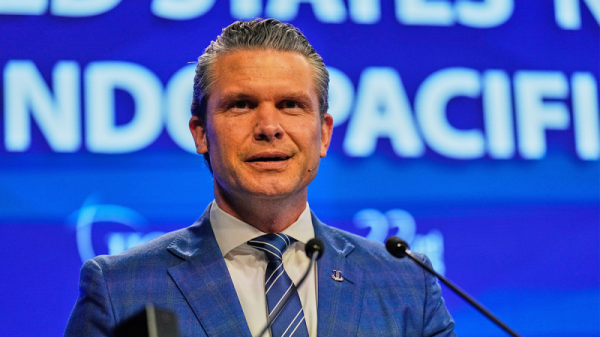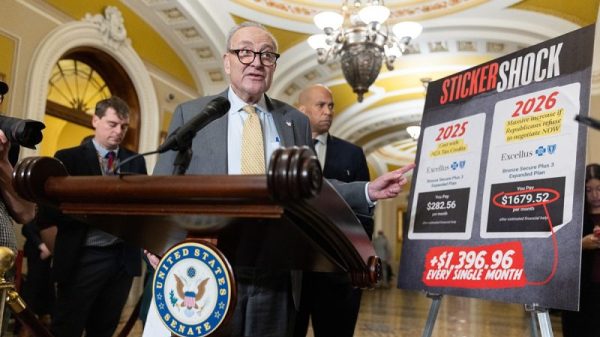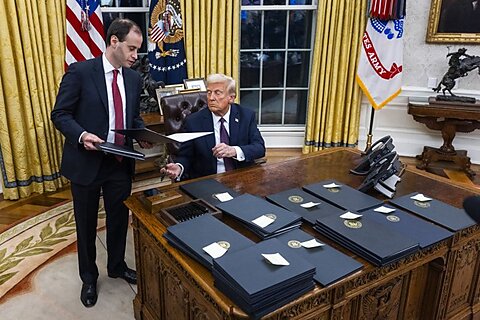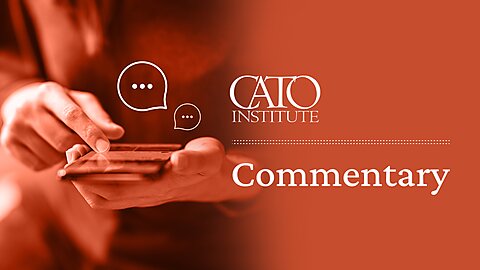When the first Chesterton Academy opened its doors nearly two decades ago, there was no grand plan to build a national network. It was just a few parents who wanted an affordable classical Catholic high school for their children. “The network was never a planned thing,” says Brenie Bowles, vice president of the Chesterton Schools Network. “It just came out of a need that grew.”
That need was evident early on. Brenie witnessed it firsthand when he co-founded a Chesterton Academy in Illinois, which was how he initially got involved. “The network was there sort of in name, but not in organization,” he recalls. His background in management consulting told him it could scale, but they needed structure. So he approached the person in charge of helping start new schools and volunteered to help.
The result was a carefully developed training process that helps new schools go “from zero to a school in 18 months,” according to Brenie. “Basically, it’s an MBA in starting a school. We go through how to do admissions, how to raise money, how to run your operations, how to put together your transcripts, how to teach the classes.”
It quickly became apparent that Brenie was correct in his assessment of the potential. “Right now we have 70 schools that are operating,” he explains, “and then there’s about 22, 23 other schools that are in our cohort process scheduled to open either fall of 2026 or fall of 2027.” Around 85–90 percent of schools in the network start from scratch, although some are existing parish schools that add high school programs. Recently, bishops have begun reaching out, asking to start schools in their dioceses.
The growth has been remarkable considering they haven’t really promoted it. “If you knew how little we’ve done to grow to this size, you’d be like, ‘Yeah, this is definitely the Holy Spirit,’” he says. Behind the scenes, unsung volunteers make much of it possible.
All schools in the network share the same curriculum, though schedules may vary. They use the same house system and branding, teach with real books instead of screens, and focus on Socratic discussion rather than technology. “We don’t use iPads, phones, or any computers at all in the school,” Brenie says. “We try to teach our students that technology is a tool and there are ways to use it to benefit you. And there’s ways to use it where it doesn’t benefit you.”
The network attracts teachers from across the country—many from Catholic universities and classical programs, as well as some from public schools seeking something different. Brenie says they appreciate the opportunity to live out their faith in a joyful environment. He adds that some teachers were simply fans of G.K. Chesterton—the English writer, Catholic convert, and patron of the schools—who learned about the network, and “next thing you know, they’re teaching for us.”
One of the network’s core missions is keeping tuition affordable. While it varies by location, it is typically around 40–48 percent lower than other Catholic schools in the area. Individual schools fundraise for need-based scholarships. “We want every family to have the opportunity to come to a Chesterton Academy,” Brenie emphasizes.
In states with school choice programs, the schools participate when they meet requirements. Florida’s program has been particularly beneficial—one school grew from a small start to over 90 students thanks to the state’s flexible education savings accounts.
The Chesterton Schools Network is also an accrediting organization recognized by the National Council for Private School Accreditation, which is helpful in states with accreditation mandates for school choice. Tennessee recently accepted Chesterton as an official accrediting organization for its Education Freedom Scholarships. The network is currently going through the approval process in Texas.
Brenie sees Chesterton as being at the forefront of the renewal of Catholic education, something they started back in 2008, while others are now jumping on board. He says, “It’s amazing how many inquiries that I’ve received recently from existing high schools across the country saying, ‘We’ve been in business for years. We really want to bring back the faith to our school. Can we become a Chesterton Academy?’” Several schools have converted to the Chesterton model through the network’s 18-month process.
There’s a hunger for meaning and truth, Brenie believes. “I think that yearning for the truth is internal, and our young people are searching for it. And I think that’s where Catholic education has to provide that to our young people.”


